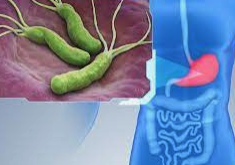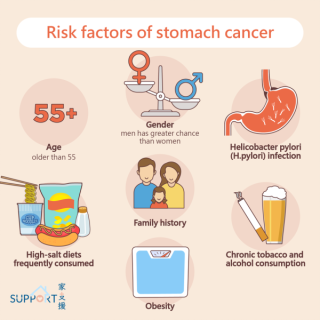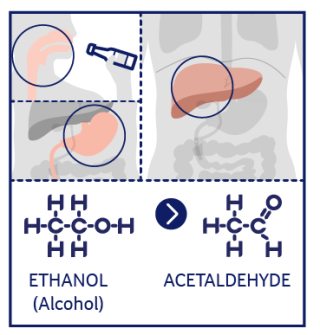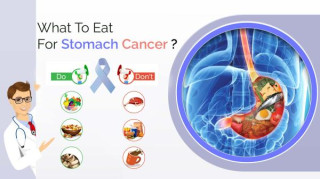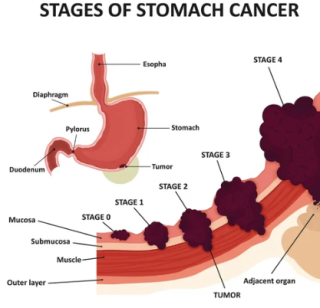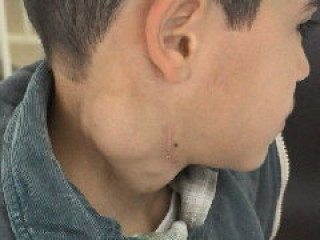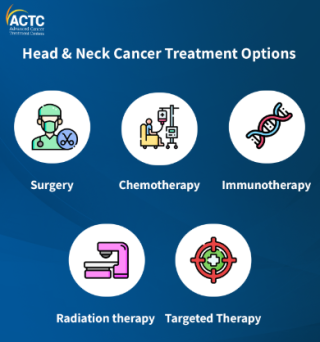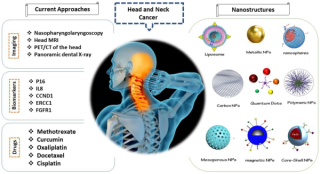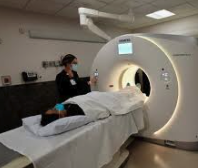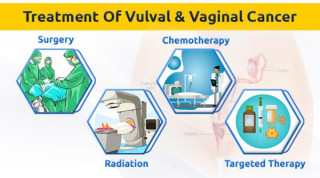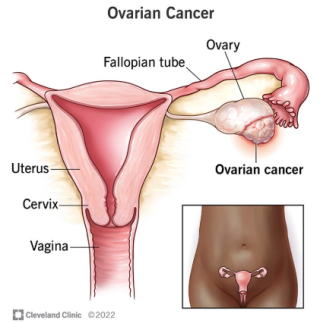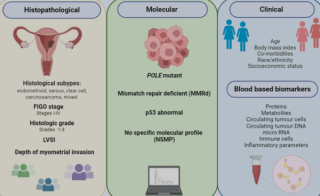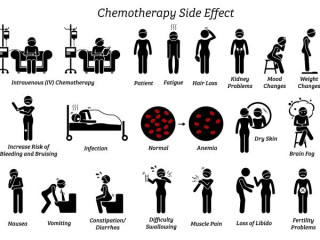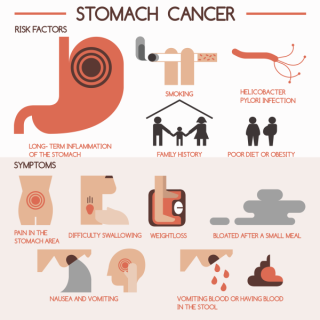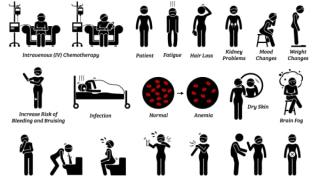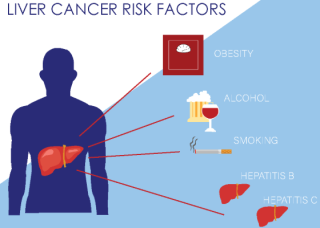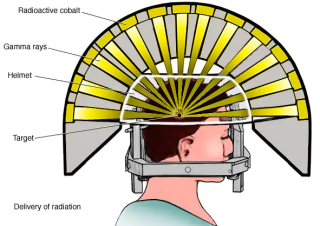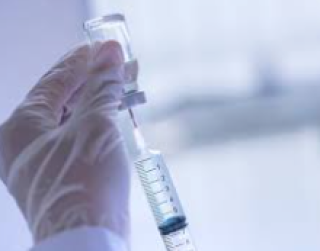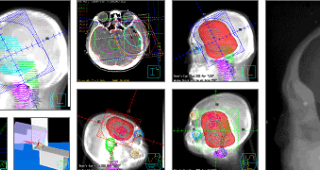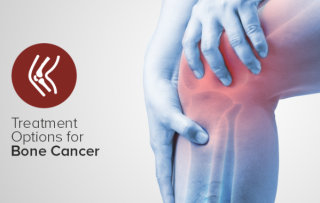Unveiling the Link: Helicobacter pylori Infection and the Risk of Stomach Cancerupdated at Nov 14, 2025 1,324 1,324 Helicobacter pylori: A Key Risk FactorHelicobacter pylori (H.pylori) is a prevalent bacterium strongly linked to various stomach ailments, |
Understanding the Risks Between Aging and Stomach Cancercreated at May 04, 2009 1,299 1,299 The risk of stomach cancer increases significantly with age, |
The Looming Threat: Stomach Cancer and its Ties to Tobacco and Alcohol Abusecreated at May 04, 2009 1,371 1,371 Stomach cancer, |
The Link Between Diet and Stomach Cancercreated at May 04, 2009 1,358 1,358 Diet plays a significant role in stomach cancer risk.A diet high in processed meats, |
The basic information for Stomach cancercreated at May 03, 2009 1,389 1,389 Stomach cancer, |
Understanding Cataractscreated at Nov 18, 2009 1,431 1,431 A cataract is essentially a cloudy lens in your eye.To understand it, |
Understanding the Risks - Cured and Smoked Foods in Pregnancy and Beyondcreated at Nov 18, 2009 1,409 1,409 It's advisable to limit your consumption of smoked and cured foods, |
How is Hodgkin's disease treated?created at May 22, 2009 1,396 1,396 Hodgkin's disease treatment depends on the stage and type of the disease, |
How is Hodgkin's disease diagnosed?created at May 22, 2009 1,559 1,559 If Hodgkin's disease is suspected, |
Exploring Treatment Options Beyond Surgery for Head and Neck Cancerscreated at May 09, 2009 1,288 1,288 Treatment options for head and neck cancers beyond surgery include radiation therapy, |
How will a physician make a diagnosis of head and neck cancer?created at May 09, 2009 1,230 1,230 Diagnosis of head and neck cancer typically begins with a thorough medical history and physical examination, |
Demystifying Sinusitis Diagnosis: Insights into the Processupdated at Nov 08, 2025 1,586 1,586 Clinical EvaluationThe initial step in diagnosing sinusitis revolves around a comprehensive clinical evaluation.This includes a detailed discussion of your medical history, |
Side Effects of Vulvar Cancer Chemotherapyupdated at Nov 08, 2025 1,437 1,437 Chemotherapy for vulvar cancer can lead to a variety of side effects, |
Exploring Three Vulvar Cancer Treatmentscreated at May 05, 2009 1,305 1,305 Three common treatments for vulvar cancer include surgery, |
Navigating Ovarian Cancer Treatment - Key Questions to Ask Your Doctorcreated at May 05, 2009 1,422 1,422 Ovarian cancer treatment depends on the stage, |
What's new in endometrial cancer research and treatment?created at May 05, 2009 1,331 1,331 Recent advancements in endometrial cancer research focus on improving risk stratification through genomic profiling and identifying novel biomarkers for early detection and prognosis.Immunotherapy, |
Balancing Act: Understanding the Side Effects of Biological Therapy in Stomach Cancer Treatmentcreated at May 04, 2009 1,281 1,281 Biological therapy for stomach cancer, |
Precision and Progress: Navigating Surgery as a Primary Treatment for Stomach Cancerupdated at Nov 13, 2025 1,529 1,529 Surgery is a primary treatment for stomach cancer, |
How Previous Stomach Surgery Might Increase Stomach Cancer Riskcreated at May 04, 2009 1,338 1,338 Previous stomach surgery, |
Navigating the Side Effects of Cancer Treatmentcreated at May 04, 2009 1,530 1,530 Cancer treatment, |
The Silent Threat: Arsenic and its Link to Liver Cancercreated at May 04, 2009 1,293 1,293 Arsenic, |
Understanding the Link: Cirrhosis and Liver Cancer Riskupdated at Nov 29, 2024 1,612 1,612 Cirrhosis, |
Precision Treatment: Understanding Stereotactic Radiosurgery for Brain Tumorscreated at May 04, 2009 1,428 1,428 Stereotactic radiosurgery (SRS) is a precise radiation therapy technique used to treat brain tumors and other lesions.It delivers a highly focused, |
Exploring Chemotherapy: A Powerful Weapon Against Cancercreated at May 04, 2009 1,359 1,359 Chemotherapy, |
Understanding the Side Effects of Brain Tumor Treatmentcreated at May 04, 2009 1,471 1,471 Brain tumor treatments, |
Understanding Radiation Therapy for Brain Tumorscreated at May 04, 2009 1,481 1,481 Radiation therapy for brain tumors uses high-energy radiation to kill cancer cells and shrink tumors.This can be delivered externally through a linear accelerator (external beam radiation therapy) or internally via implanted radioactive seeds (brachytherap... |
Exploring Treatment Options for Bone Cancer: A Comprehensive Guidecreated at May 03, 2009 1,562 1,562 Treatment for bone cancer depends on several factors including the type and location of the cancer, |
